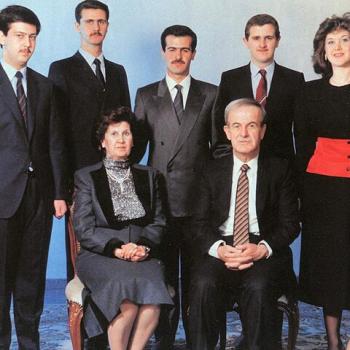Thomas and her husband insisted that they would "do divorce well." They were committed that divorce would not be the moral earthquake that she had experienced as a child. They diligently worked to bring about a new quality of life for their children even as they abandoned each other. Theirs was not a divorce in spite of everything, but it occurred when spite became everything.
The stark contrast of marriage as revealed in Holy Scripture is a picture of two sinners who diligently seek to love one another in ways that reach out through pain and encourage each other through irritations even as their affections are informed and changed by the example and power of Jesus Christ. Realizing at last that love is far more than a feeling is a critical step toward maturation that renders marriage more than simply a war for selfish control.
Thomas' experience reveals a defining characteristic of Generation X, my generation: an adolescence that lingers well into adulthood and believes that life should be easy and free from hardship, and that marriage should be experienced much like the fairy tales they read as children. The thoughtful attention given to the divorce of Thomas and her husband raises questions: What if the same amount of effort had been exerted to overlook offenses, to forgive when wronged, and to love intentionally and unconditionally even when the other person was sinful in their behavior? Would theirs still have been a divorce in spite of everything?
Probably not.





